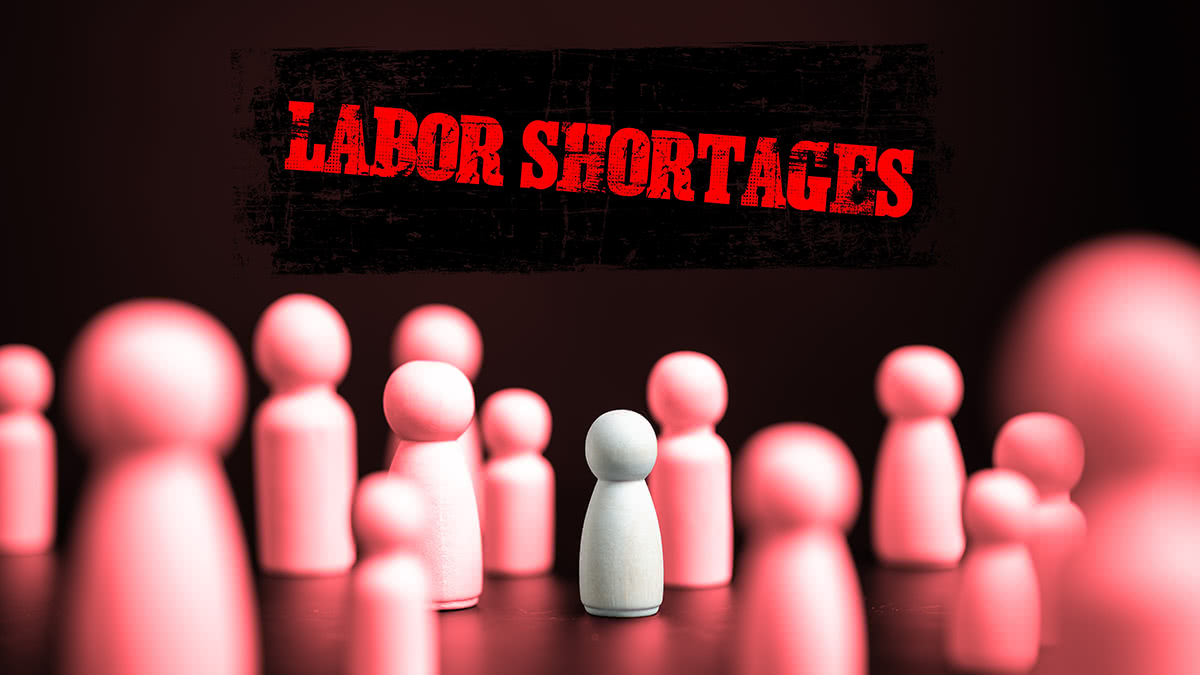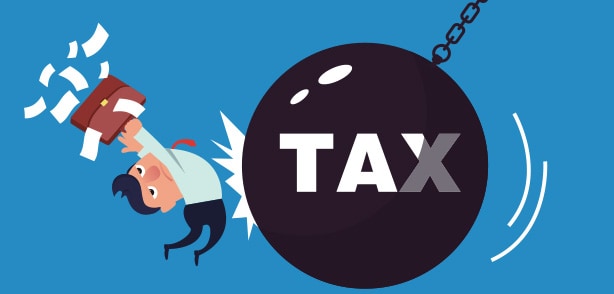The Customer Is Always Right... Right?

"The customer is always right" became a motto of American commerce more than a century ago. Ever since, it's been a reminder to business owners that customer needs and wants come first, regardless of any inconvenience.
Just look at some customer service success stories: Mega-retailer Nordstrom built its brand on its legendary customer service. The customer-first focus seems to have also done very well for some of the largest companies in the world: Have you ever seen an irate customer at an Apple store? Has Amazon ever refused your return within its designated return window? Probably not.
But customer service isn't always so black and white. Sometimes the customer is just plain wrong. In these cases, opting to go with their preference may be a practical decision: Given the power of customer review sites, a harsh (and usually anonymous) complaint can live forever. When you give an irate customer what they want, you're avoiding the risk of tarnishing your brand.
When right is right.
In many cases, the customer is indeed right: In some way, you or your staff have fallen short of providing excellent service. Owning up to it is ethical and likely to build better customer relationships. And if you're reluctant to cave, we need to be more pragmatic here and mention that a few years back, Inc. magazine came to the conclusion that it takes 40 positive customer experiences to compensate for just one bad review. Coming at it from another, more positive, angle, 91 percent of customers say they're more likely to make a purchase after a great service experience.
So if your organization truly operates as though the customer is always right, why not avoid making inconsistent judgment calls? By doing so, you'll avoid enraging an already dissatisfied customer — who is likely right.
So what do we do if the customer is wrong?
Of course, customers aren't always right. Sometimes they're upset about their financial situation, a work issue, or because they don't like the way their hair looks today — and there's your employee, ready to be their scapegoat.
In these cases, customers may start right off being rude, then crank up the verbal or written volume. They assume that the angrier they are, the more correct they'll seem — or that you'll just want to keep them quiet and avoid a scene. If you cave to this ploy, you're rewarding bad behavior.
In business (as in life), you must confront bullies with firm civility. You have limited resources; you're the expert about your own product or service; and you have the right to maintain a calm workplace. Truth be told, you really don't want disruptive customers, no matter how much revenue they're bringing you.
You can train your employees to fend off meltdowns in a calm, methodical way. Doing this fosters a safe and respectful environment for your staff and customers.
Why you must stand up for your people.
By no means does "the customer is always right" mean "the employee is always wrong." If you fall into that trap of faulty thinking, you'll have morale problems that cause disengagement and hurt productivity. Instead, you should stand up for your employees when an interaction spins out of control. If you don't support a team member when a nasty customer is maligning them, you're now letting the customer's bad attitude and ethics impact your workplace and its values.
Take a page from Mr. Branson's script.
Taking this idea a few steps further, Virgin's Richard Branson puts his customers second and employees first — all for the sake of better customer service! By putting employees first, says Branson, you show your care for them and they're prouder of their work. Conversely, if you follow the “the customer is always right” mantra, you may end up with unhappy employees — and it won't take long for them to impact customer satisfaction.
Always remember: Your customer is your business partner, not your boss. After all, one of the great reasons you went into business for yourself was to be your own boss. When there's a customer dispute you should always seek a logical and emotion-free solution, as you would with a partner. And when a happy resolution seems impossible, you may need to sever the relationship for the sake of your livelihood.
Since 2008, Fora Financial has distributed $4 billion to 55,000 businesses. Click here or call (877) 419-3568 for more information on how Fora Financial's working capital solutions can help your business thrive.






